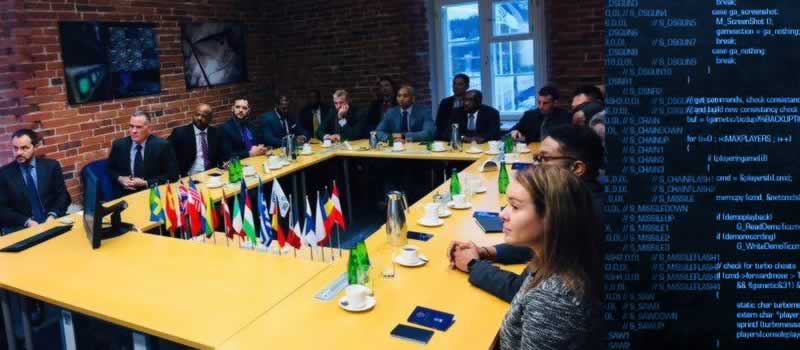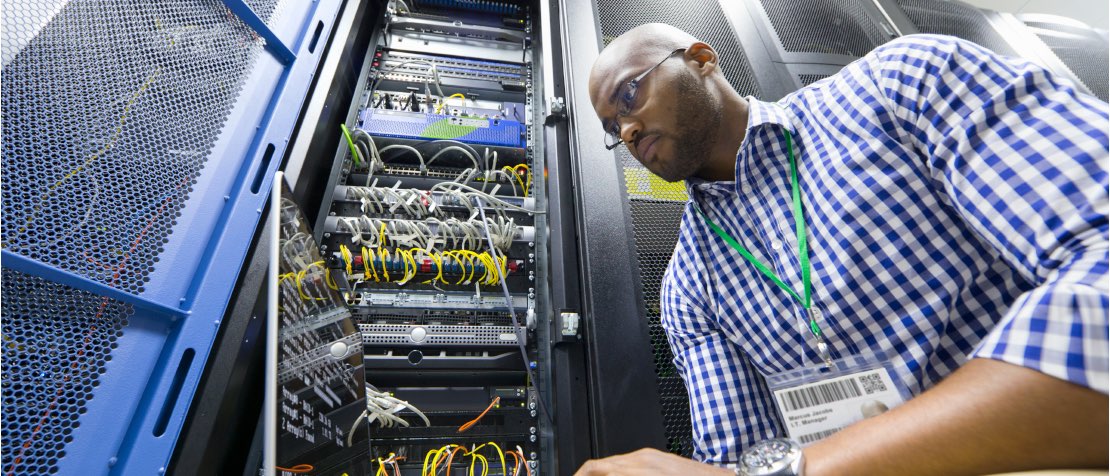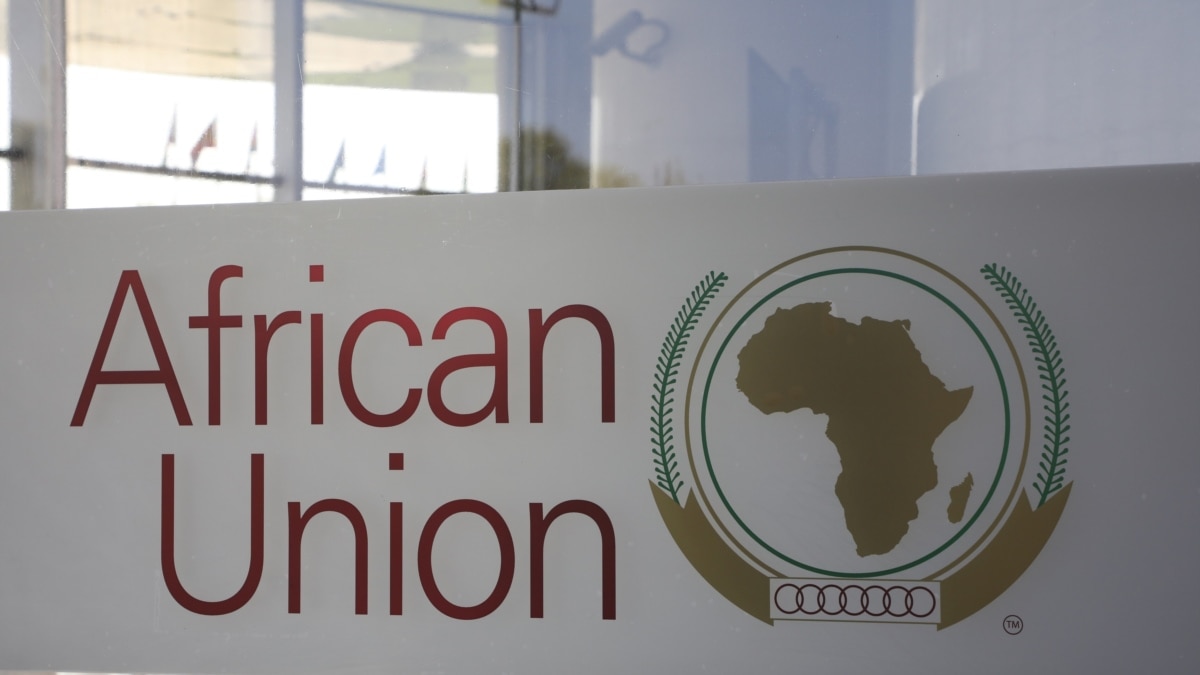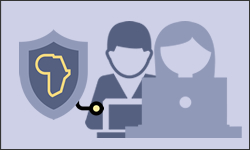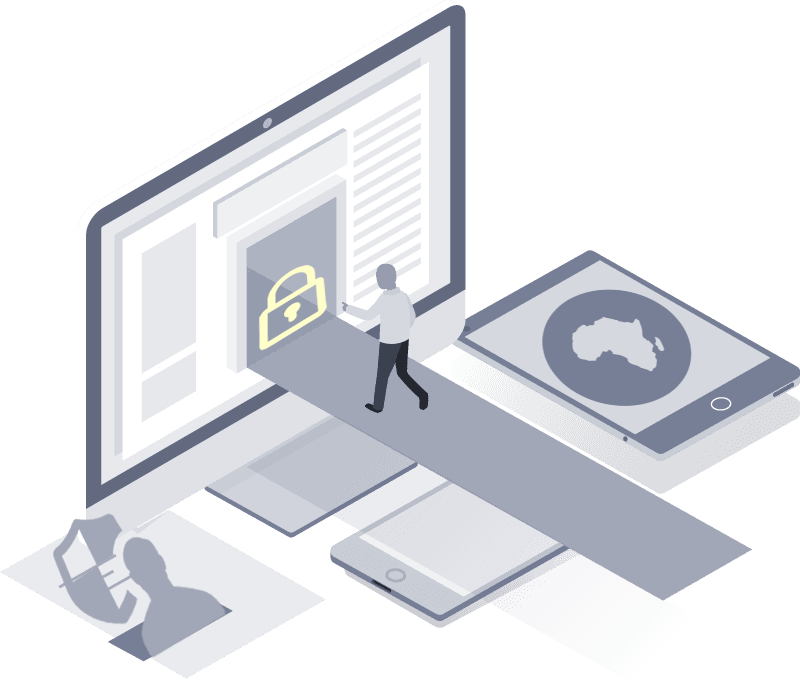Jan 22, 2018, by Ambassador Omar Arouna--When Estonia started building its information society about two decades ago, there was no digital data being collected about its citizens. The general population did not have the internet or even devices with which to use it. Sound familiar? It took great courage to invest in IT solutions and... Read more
Category: Governments
Global Cybersecurity Index 2017
Jul 20, 2017--The Global Cybersecurity Index (GCI) is a survey that measures the commitment of Member States to cybersecurity in order to raise awareness. The second edition of the Global Cybersecurity Index 2017, released by the International Telecommunications Union (ITU), an agency of the United Nations, measured the commitment of ITU Member States to cybersecurity and... Read more
African Union Cybersecurity Profile: Seeking a Common Continental Policy
Sep 23, 2016--Africa is now home to some of the world’s fastest growing economies–the terms “Africa rising” and “lions on the move” have both been used in recent years to capture the positive economic outlook for the continent. In tandem with this new economic boom, countries in the African Union (AU) have experienced explosive growth... Read more


